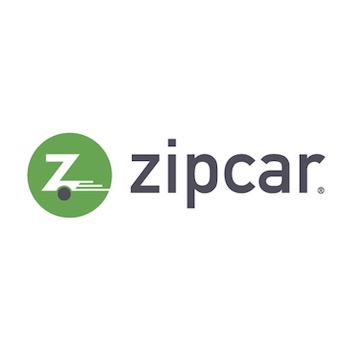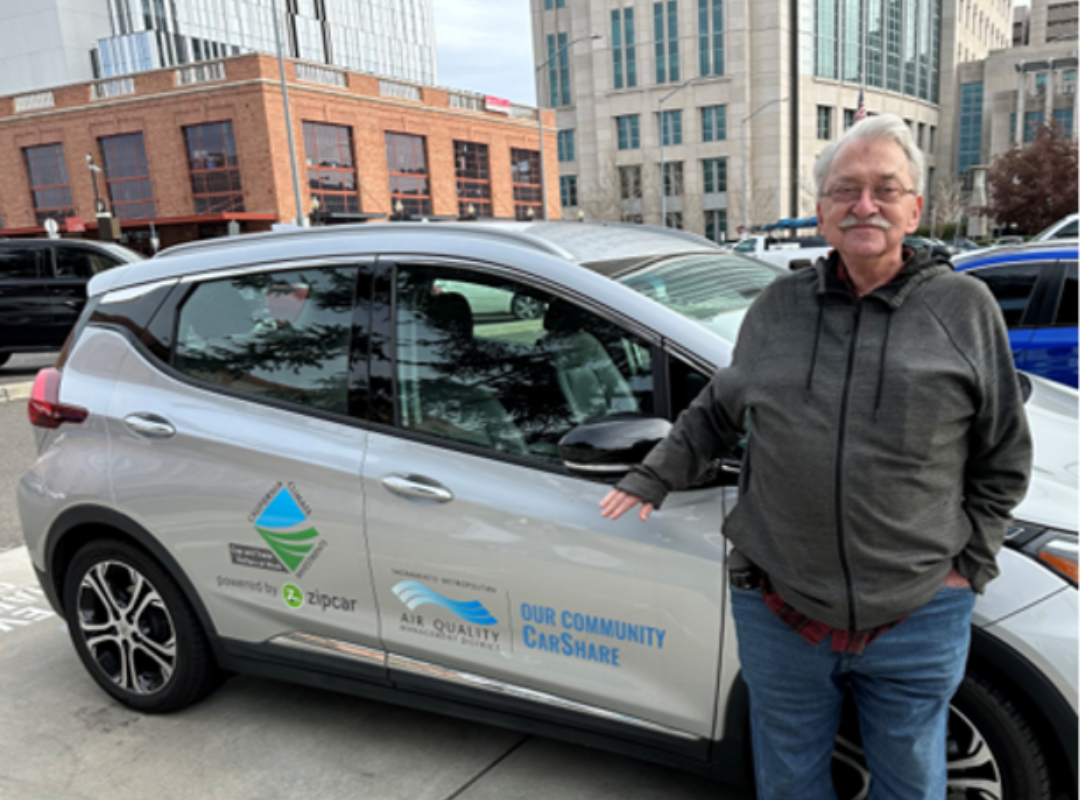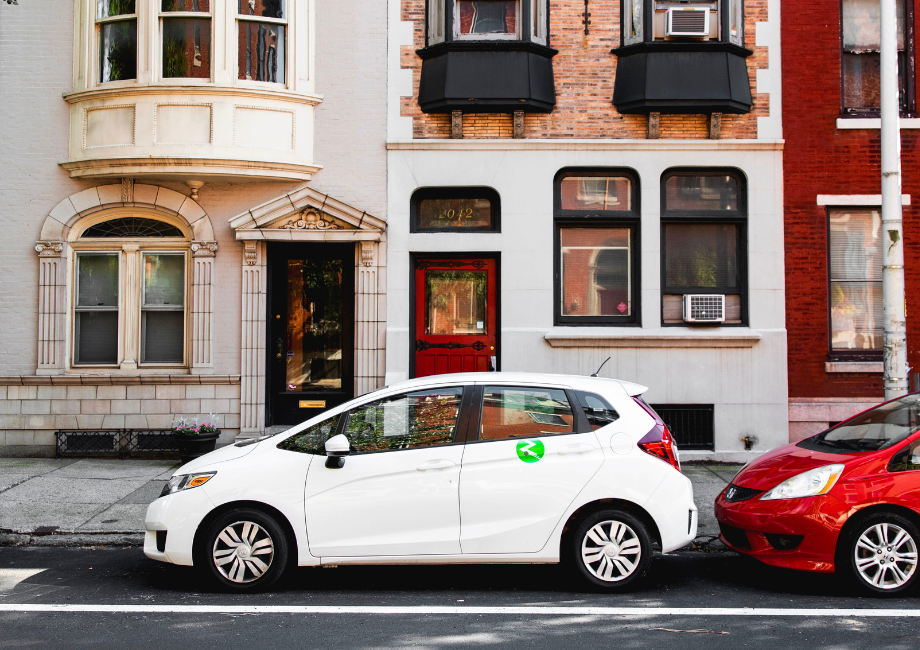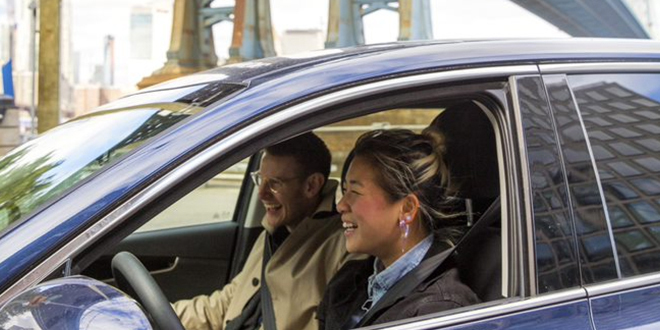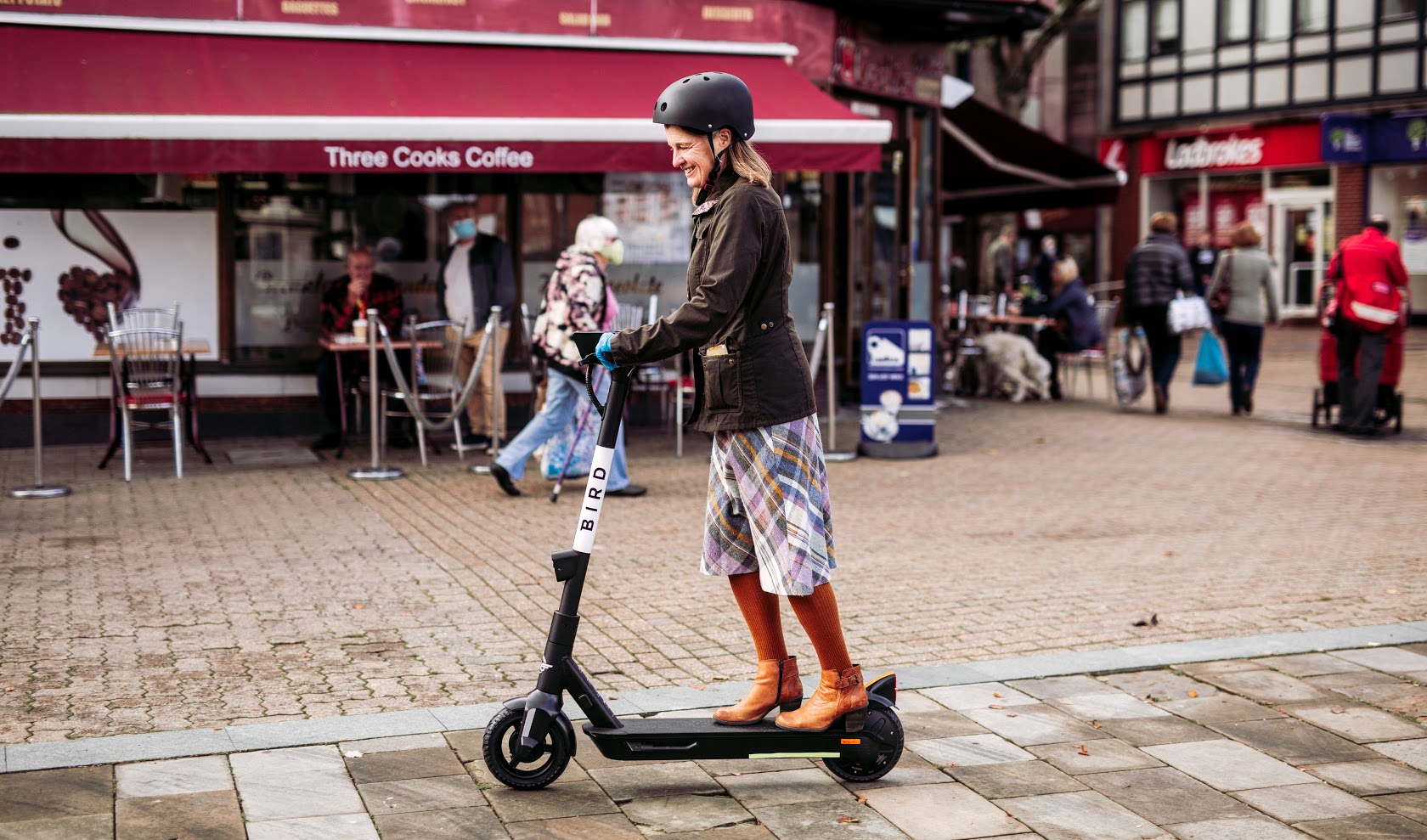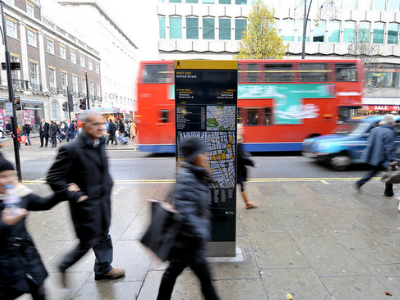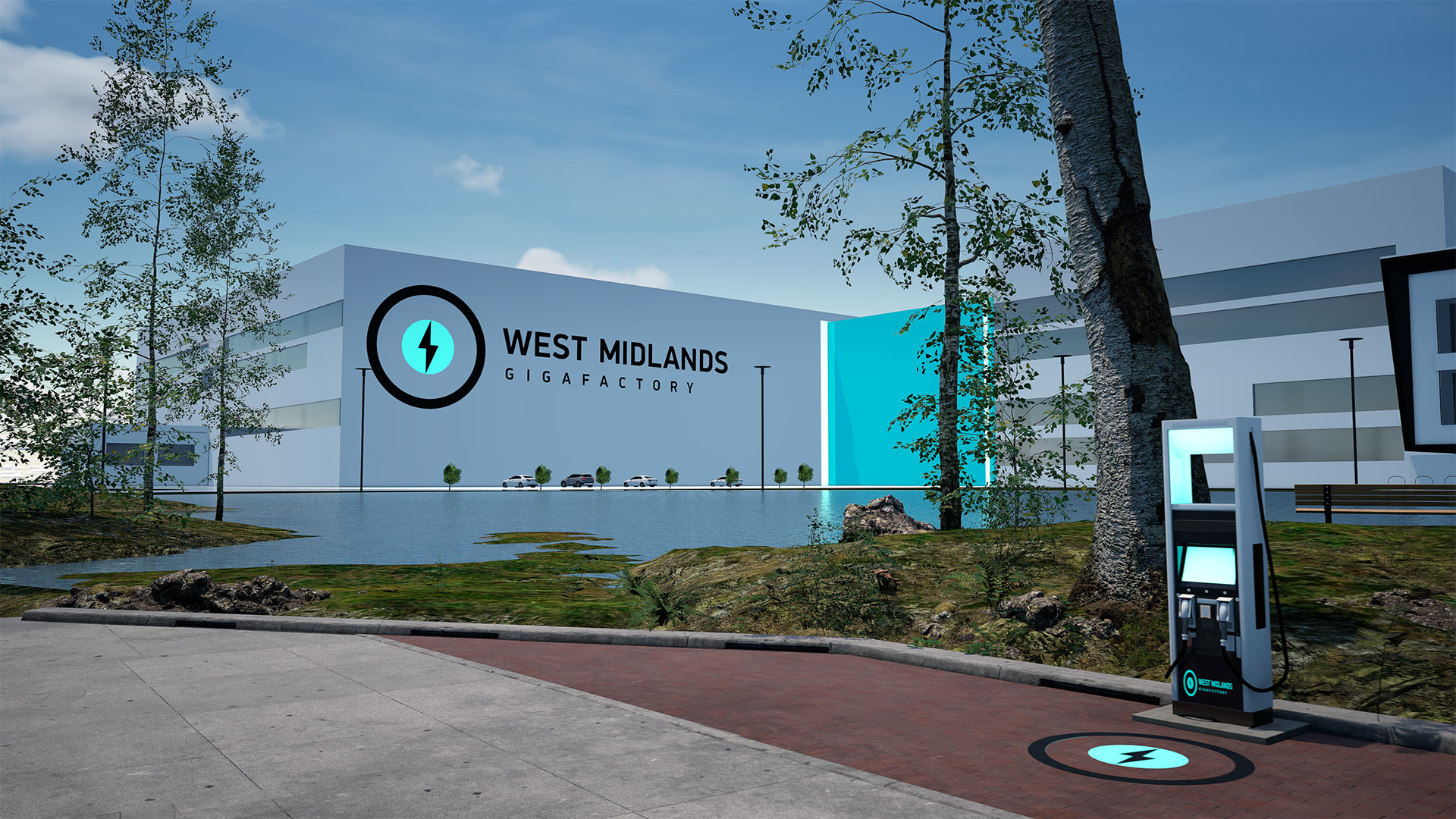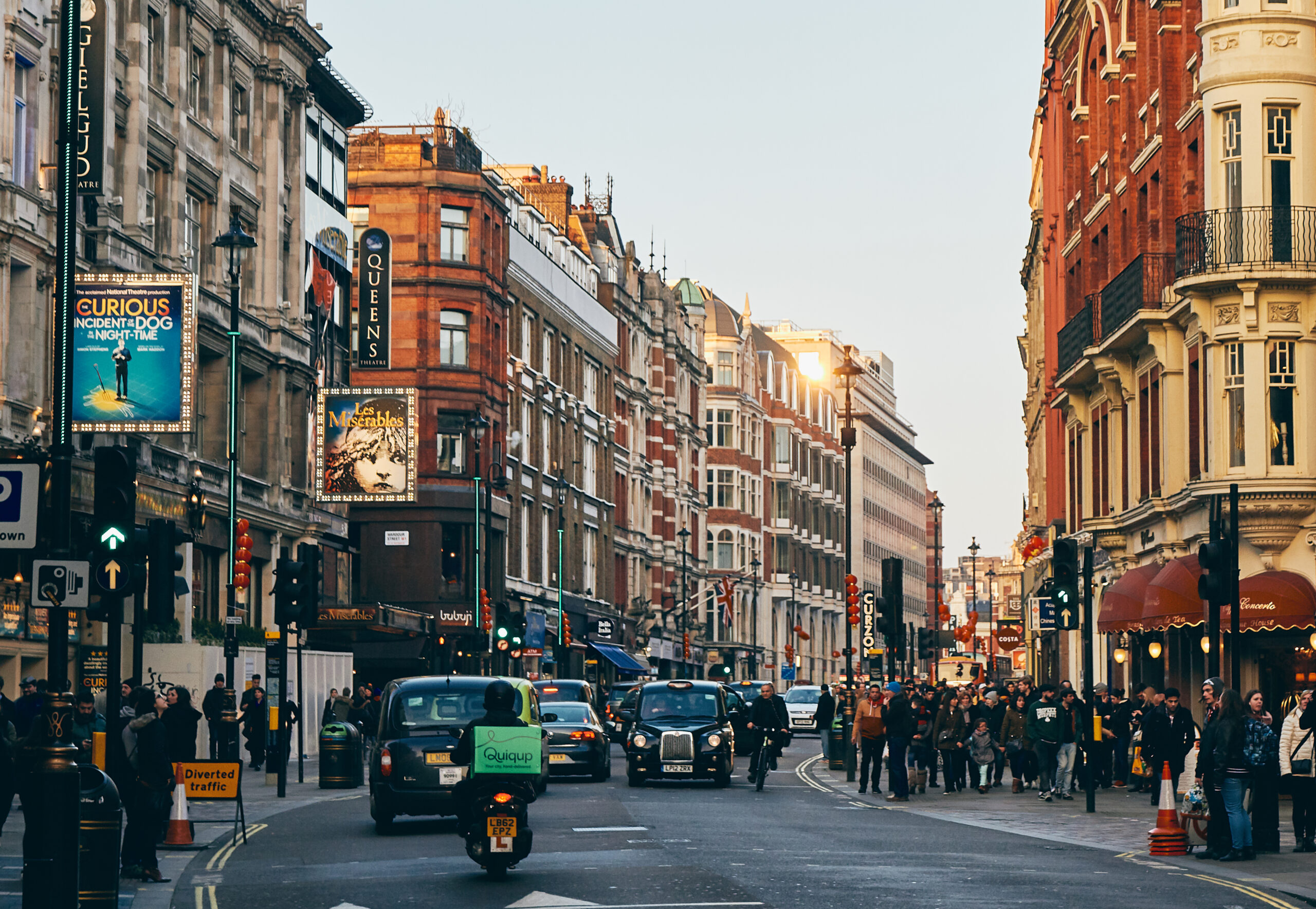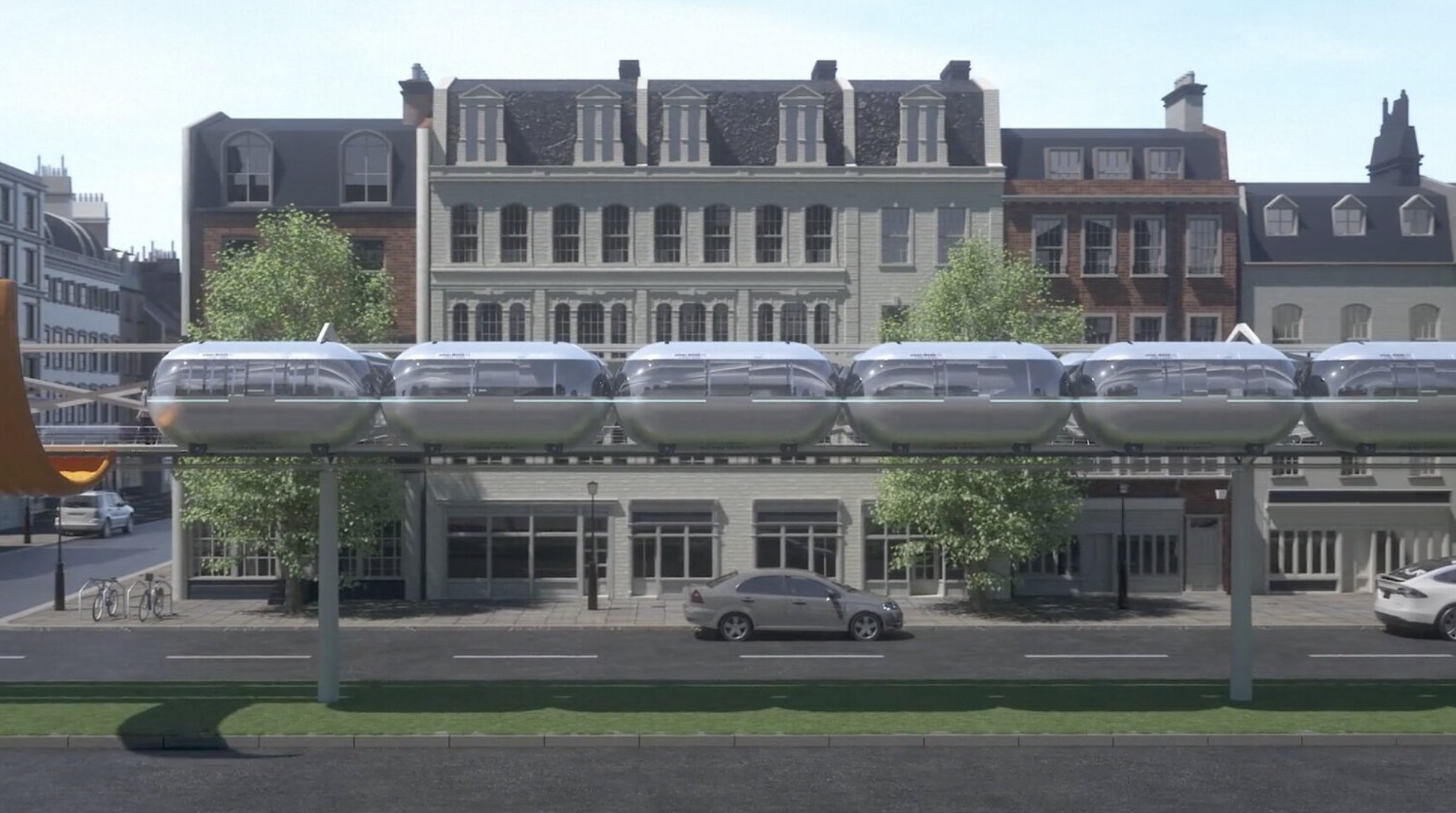Zipcar UK Calls on London to Speed up Expansion of Rapid Charging Points
- The UK’s leading car-sharing club, Zipcar, says city authorities must take urgent action to fill the electric vehicle (EV) infrastructure gap.
- Zipcar expanding its EV fleet by 25% to 400 electric vehicles
- London will require 4,000 rapid chargers by 2025 to support government plans for a greener city. It currently has 500.
- Zipcar has set out its progress towards its 2025 vision in its new Sustainability Report
- Car sharing can help reduce emissions, with car club vehicles emitting 25.5% less CO2.
The UK’s largest car-sharing club, Zipcar, is today, urging London to accelerate the expansion of the city’s rapid electric charging points. The acceleration is essential to meet the Mayor’s 2019 Electric Vehicle Infrastructure Delivery Plan[1] which estimates that London will require 4,000 rapid chargers by 2025. With just over 4 years to go there are currently only 500 rapid (43kw – 100+kw) charging stations.
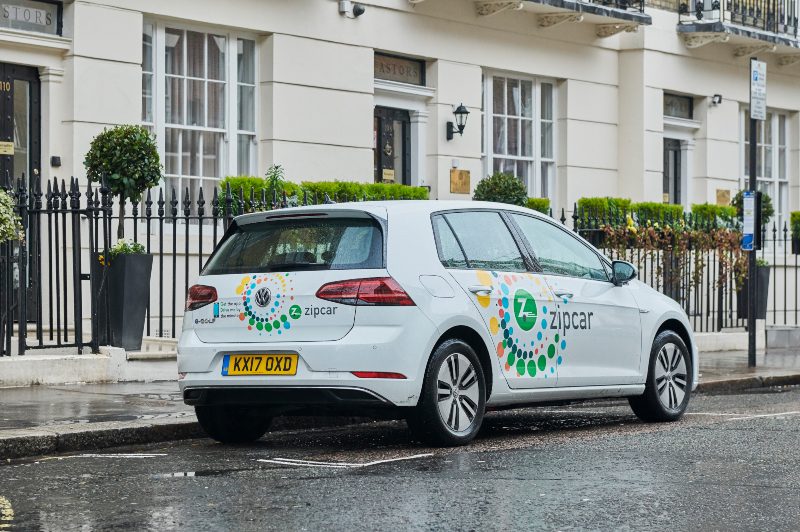
The call for more rapid charging points was made in Zipcar UK’s 2021 Sustainability Report, released today. The report details the company’s progress towards its vision for a fully electric fleet by 2025 including the expansion of its EV fleet to over 400 cars. Zipcar is committed to growing its EV fleet, but can only do so if there is a significant expansion of the rapid charging infrastructure in London.
Zipcar is currently one of the most affordable ways to drive an EV in the UK, and it has been on the forefront of the normalisation of EV usage in London over the last four years. To date, nearly 80,000 Zipcar members have driven an EV, saving a combined 82,000kg of CO2.
Promoting Car Clubs
In addition to calling for more rapid charging points, Zipcar’s Sustainability Report emphasises the important role car clubs can play in delivering zero emission driving in city centres. Zipcar’s report calls on the Mayor of London to include car clubs alongside other forms of transport in his communications to Londoners to help them comply with the ULEZ. The company believes government intervention could lead to long-term systemic change by breaking the dependence on private car ownership and encouraging car owners to switch to car sharing.
On average, 23.5 private cars are replaced by car clubs, this means car club carbon savings are equivalent to the lifetime CO2 absorption of around 3,800 trees. CoMoUK research also shows that car clubs reduce the number of privately owned vehicles on city streets – providing less congestion and significantly improved air quality.
Zipcar is also calling for further substantive policy changes including for discounts to be applied to car clubs such as the congestion charge, and for parking permit incentives for EV car clubs. The company believes government intervention could lead to long-term systemic change by breaking the dependence on private car ownership and encouraging car owners to switch to car sharing.
This push by Zipcar comes on the heels of the UK government’s plan to accelerate a greener transport future through a two-step phase-out of petrol and diesel cars, ensuring all new cars and vans are zero emissions capable from 2030.
James Taylor, General Manager at Zipcar UK, said:Much has changed since Zipcar set out its fully electric vision: the climate emergency and its impact have become ever more pressing. In response, the UK Government has set clear targets for stopping the sales of fossil fuelled vehicles by 2030, with a focus on switching to electric vehicles.
But there is more that can and needs to be done. We are at a pivotal moment to make urban mobility more responsible, equitable and sustainable.
We have made fantastic progress in electrifying our London fleet, adding 90 more vehicles this year, bringing our total to over 400. In just three years nearly 80,000 members have driven an electric vehicle. Our ambition is even greater, but we can’t do this alone. Whilst charging infrastructure has improved in the past three years and it is encouraging to see the Government set out a commitment to support car clubs to go fully electric, significant further investment is needed in the infrastructure if we are to achieve our vision.
You can read the full 2021 Sustainability Report here.
This article was originally published by Zipcar, Inc..

